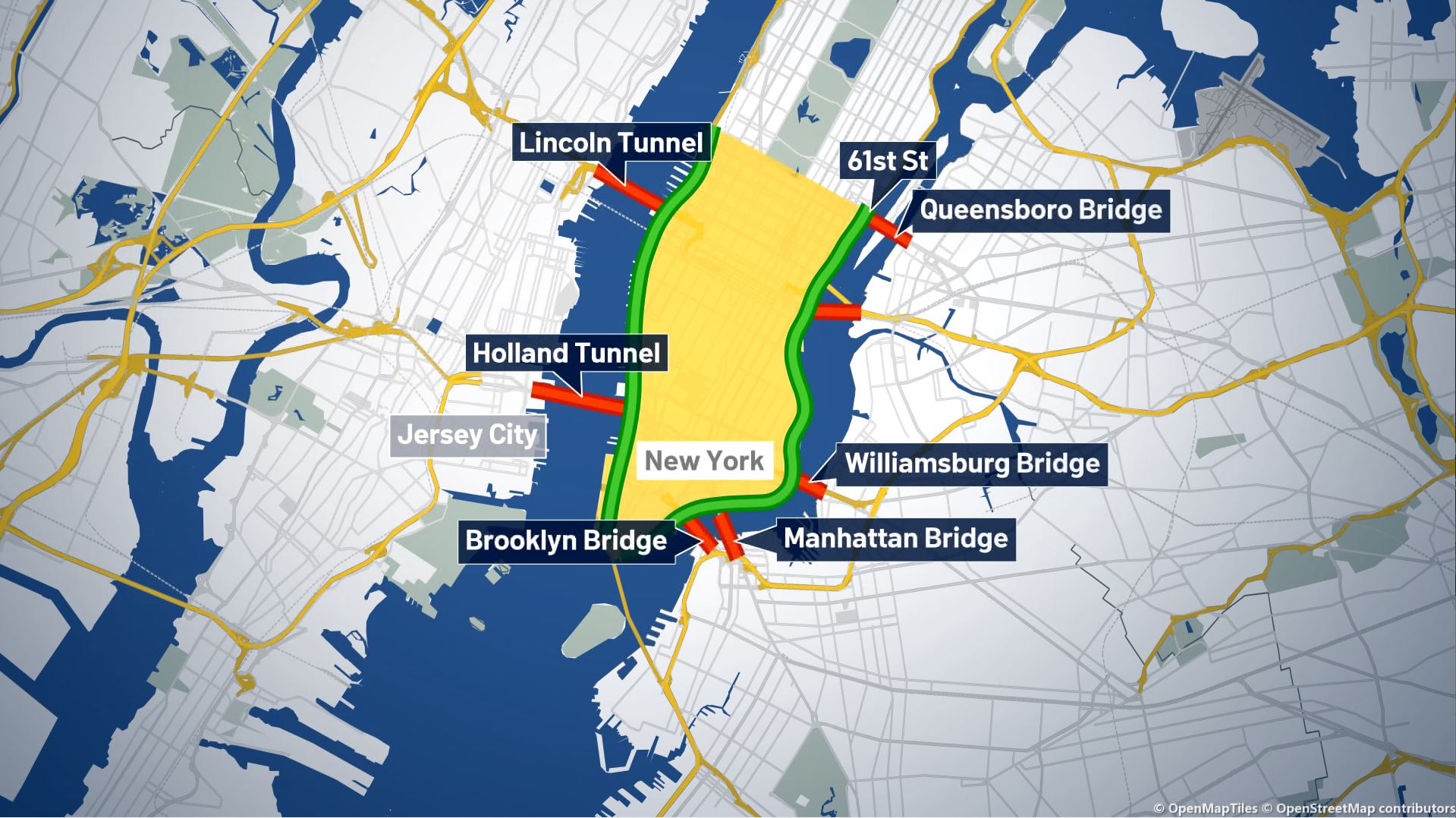Fallen financier Bernard Madoff has plunged from his Manhattan penthouse and days of cocaine fueled parties to the lower bunk of a cell he shares with a drug offender at a federal prison, where he eats pizza cooked by a child molester and pals around with a former mobster, new legal papers reveal.
The snapshot of Madoff's prison life — and a contrasting picture of a former high-flying life laced with cocaine and salacious parties — are in a legal complaint filed by Burlingame, Calif.-based lawyer Joseph Cotchett, who represents about a dozen victims of Madoff's massive investment Ponzi scheme. Cotchett interviewed Madoff in July at the Butner Federal Correctional Complex near Raleigh, N.C.
The lawyer found the mastermind of one of history's largest financial frauds now reduced to nighttime walks around a prison track for fun, according to the new filing. His spartan life includes two primary companions -- a mafia boss and a convicted spy.
Madoff, 71, is serving a 150-year sentence after pleading guilty in March to a scheme that authorities say cost thousands of investors at least $13 billion.
The lawsuit contrasts Madoff's current existence with details of what the legal papers claim was a pre-prison life awash with cocaine and financed by investors' cash.
"Starting in 1975, Madoff began sending a longtime employee and office messenger to obtain drugs for himself and the company," the papers said.
"Drug use in the office was described as rampant and likened the office to the 'North Pole' in reference to the cocaine use," the papers said.
Local
"Eventually, the main employee supplier was fired for his drug abuse when cocaine and other undisclosed drugs were found in his desk in 2003. Madoff worried that it might bring in drug prosecutors who might uncover the big scam."
There allegedly were also "wild office parties sans spouses," with "topless entertainers wearing only G-string underwear serving as waitresses."
The papers also name financial powerhouses, including JPMorganChase and the Bank of New York, accusing them of being "primary players necessary to accomplish [Madoff's] fraud."
The filing builds on one investor's existing civil case against various Madoff associates and financial institutions; the suit claims they were complicit in Madoff's fraud or should have stopped it.
Madoff has consistently said he acted alone.



